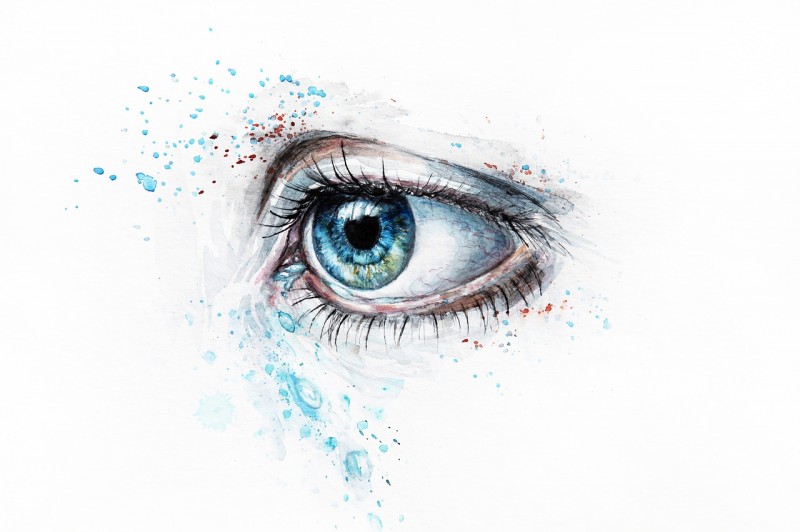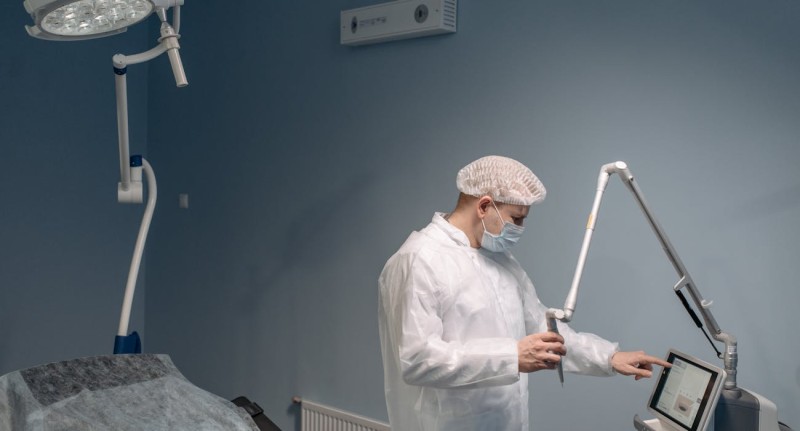Straightening teeth and aligning the jaw are the main goals of orthodontics, often known as orthodontic care. Although general dentists are necessary for maintaining your oral health, orthodontists are more suited to handle some issues. Knowing about these individual issues can help people to receive better treatment outcomes and maintain good oral health.
1. Misaligned Teeth
Your appearance and oral health can be affected by misaligned teeth, and it is quite startling! If the teeth are not in exactly the right place when they come in, they might cause you to have trouble chewing and speaking, and your mouth isn't clean enough. It can mean areas difficult to clean, as well as a greater chance for gum disease and cavities. Braces or aligners designed by orthodontists can help address these issues while they're learning. So, orthodontics is a specialty of orthodontists who are trained to assess and deal with problems like this. If you live in New Jersey, you can search for an orthodontist in NJ for example, who can use all the latest techniques and technology to provide a treatment plan personalized to you that will effectively correct misalignment. This process usually takes a thorough, detailed look, including X-rays and impressions. After the treatment plan is decided, an orthodontist will keep an eye on the progress and make some necessary corrections to achieve the desired results.
2. Bite Issues
Biting issues such as overbite, underbite, and crossbite require special dental treatment. Oftentimes, we need a proper bite so that when we close our jaw, the teeth line up correctly for chewing and speech. If bite problems exist, the teeth may become worn, jaw pain can occur, and occasionally, headaches. Orthodontists can assess bite defects and decide what to do about them. Braces or retainers may be part of treatment options, or other orthodontic appliances can be used to help reposition the teeth and jaw. By solving bite problems, orthodontists prevent long-term harm to the teeth and jaw as well as giving both functional and aesthetic benefits.
3. Crowding of Teeth
If all the teeth in the jaw do not have room to come in and line up correctly, there is overcrowding. When the teeth overlap, it is hard to maintain dental hygiene. Because tight rows of teeth make it harder to clean your teeth correctly, you also have a greater risk of cavities and gum disease. Your orthodontist is able to determine the amount of crowding and can suggest the best treatment for you. Treatment for these problems depends on how severe they are; in some cases, braces or extraction of certain teeth or expanders to provide additional room are used. The aim is to have a straight, healthy smile and reduce oral hygiene risks and complications in the dental field. If you have a lot of crowded teeth, you need the specialized help of an orthodontist to get them straightened right.
4. Jaw Pain or Discomfort
An orthodontic problem may manifest with jaw pain and discomfort, which need professional evaluation. We also see that often misaligned teeth or a poorly structured jaw leads to conditions like temporomandibular joint disorder (TMJ), with a host of uncomfortable symptoms. An orthodontist can properly diagnose these conditions and formulate a targeted treatment plan that could solve the symptoms but also address the root causes. Orthodontic appliances to correct alignment, plus some other techniques to control pain and discomfort, may be treatment options. With a comprehensive approach, an orthodontist can treat the jaw pain of his patients and help them with long-term, improving dental and facial harmony. Partnering with an orthodontist can be a simple yet critical move for people suffering from jaw discomfort on their journey to a better quality of life and functional comfort.
Conclusion
There are some dental concerns that you can't do about on your own without an orthodontist becoming involved. If you have any of these problems like misaligned teeth, bite problems, overcrowding, or jaw discomfort, by all means, visit a professional to have it remedied. An orthodontist consultation means these concerns are being treated appropriately to deliver improved oral health and aesthetics. For patients who are looking for an orthodontist to work with, finding a certified orthodontist on whom the entire process depends can make a difference in meeting the goal of having a healthy and confident smile.















